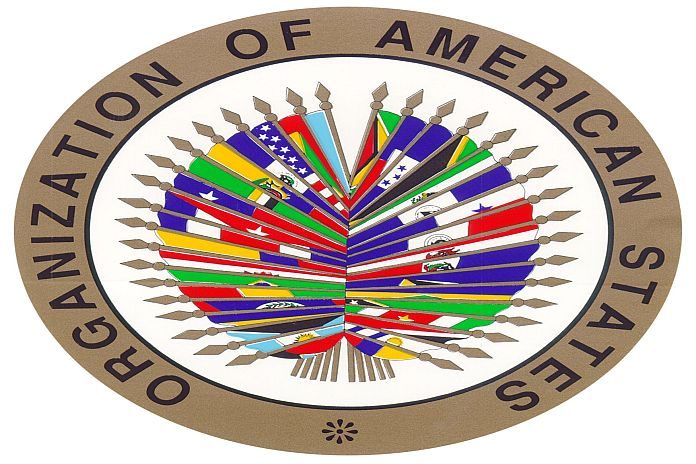WASHINGTON, USA – Over 230 delegates from OAS member states, the private sector, leading academic institutions, international organizations, permanent observer states, and other stakeholders gathered at the III OAS meeting of high-Level authorities on cooperation held December 2-3 and agreed to join efforts to advance the region’s post-COVID recovery.
Held under the aegis of the OAS Inter-American Council for Integral Development and with the theme “Cooperation and partnerships as engines for socio-economic recovery post-COVID-19 in the region,” the meeting provided the opportunity for member states to share offers of cooperation as they advance toward recovery from COVID.
With the view that no country is too big or too small to give or receive cooperation, a total 28 of member states shared their cooperation catalogues, priority needs, programs, technical assistance, knowledge, and funds for projects.
A number of strategic partners including Meta/Facebook, Amazon Web Services, Structuralia, Profuturo, US Space Foundation, and La Caixa Foundation also presented member states with offers of partnerships on issues ranging from women’s economic empowerment, training and certification for youth to engage in the digital economy, teacher training, disaster risk management and response, cloud computing, entrepreneurship and equity in the labor market, water management, innovation and commercialization, transformative technologies, strengthening health systems and digital education, among others.
Other international and regional institutions such as OECD, PAHO, CABEI and CEDA joined the dialogue and offered to engage and collaborate with the OAS and member states. Representatives from committed permanent observer countries (Spain, France, Italy, and Sweden) also offered to continue advancing on a path for collaboration.
The general-director of El Salvador’s Presidential Agency for International Cooperation (ESCO), Karla de Palma, chaired the meeting and said “the urgency of activating the post-COVID-19 recovery in the OAS member states presents a challenge that exceeds the capacity of any country or government acting alone. The pandemic offers unquestionable evidence of global interconnection and the need for multilateral responses and international cooperation to face and overcome the crisis.”
OAS executive-secretary for Integral Development, Kim Osborne, affirmed that “to recover in a position of strength and resilience, the region must move concepts of development, and international cooperation beyond the traditional paradigm of economic growth and bring into sharper focus their multiple dimensions: the common interests, shared values and complementarities of the partners.”





